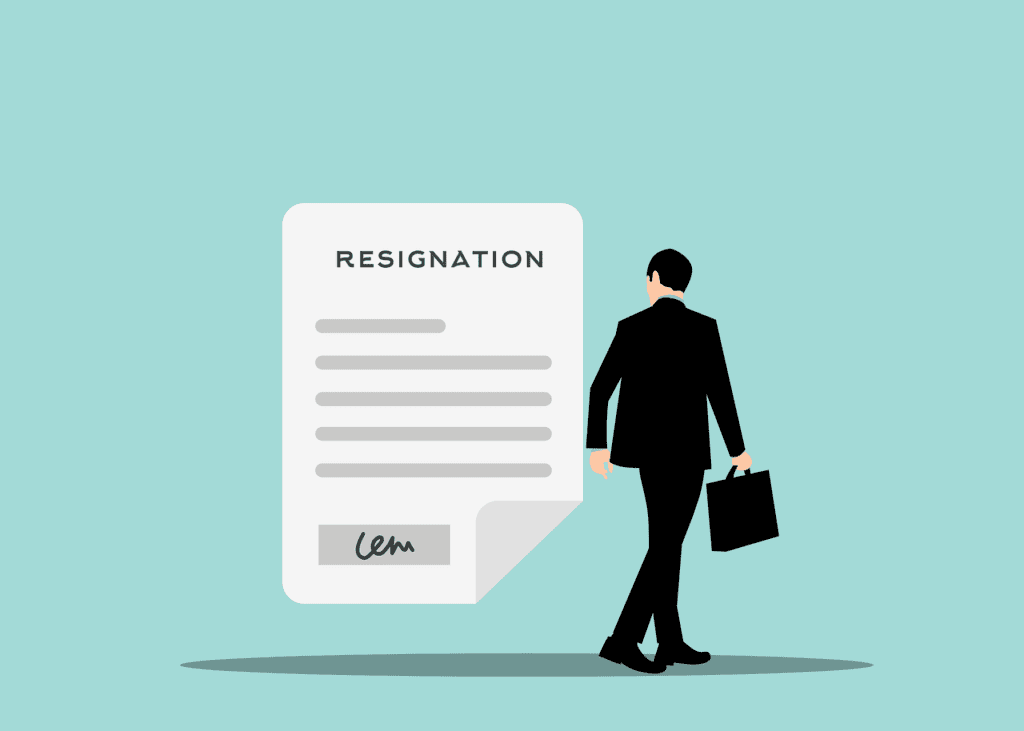what shows up in background checks? A question that haunts almost every working professional. Admittedly, we all have something to hide. A thorough background check is more likely to reveal sensitive and unwanted information about you. Read on to get a detailed understanding of background checks legal repercussions of the information.
Generally, in the United States, information discovered during a background check is kept confidential and is governed by the EEOC, FCRA, and other state and federal regulations. The employer may conduct a background check only with the individual’s written consent. Both the employer and the employee must be aware of the legal obligations and limitations associated with the background check.
A detailed background check may include
- Past employment records: Let me state unequivocally that everyone lies on their resume, especially when it comes to their employment history. Employees exaggerate their experience in order to position themselves as the most qualified candidate for the job. How many of them are caught? Less than 20%. A competent background check agency may be able to verify the employment duration, date of joining, date of leaving, CTC, and job duties performed.
- Criminal history: One of the primary reasons for conducting a background check on new hires is to protect the company’s and employees’ interests. No employer would want someone with a criminal record to work for them in any capacity. Based on the information you provide, an expert background check agency will be assigned to investigate any crimes, cases, convictions, and allegations against you.
- Academic History: The Academic section of a resume is one of the most manipulated sections. Many job seekers have been observed mentioning degrees and certifications that they have failed or do not have in order to increase their chances of being hired. On the other hand, employers ensure that no one is hired with falsified credentials. Each certificate and degree submitted by job applicants is verified by the expert background check agency, which then submits a report detailing the findings.
Certain jobs, however, may require additional background checks, such as level 2 checks, fingerprint checks, and FBI level background checks, which bring in more sensitive information on the job applicant. Background checks show information based on the specific requirement of the employers. The applicants must be prepared to face additional scrutiny based on the nature of the job and the employer.



